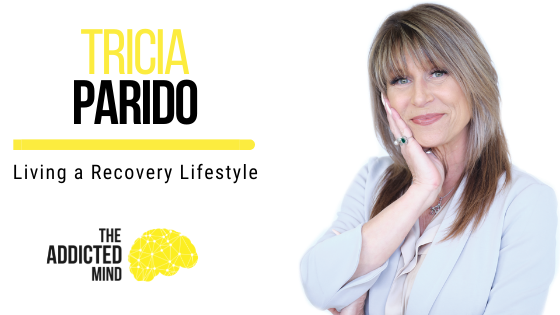Recovery doesn’t stop once you leave the doors of the treatment facility. Rather, you have to work on living a recovery lifestyle.
It’s beyond attending AA meetings or saying no to parties. It’s about being mindful and choosing to be intentional in how you want to live your life.
After all, “This is your life too and you get to look, feel, and be however you want it to.”
That is the life mantra of Tricia Parido, an international master addictions coach and a recovery lifestyle enthusiast. Passionate about helping people attain sober lifestyles so they can live free and fulfilled, Tricia established the Turning Leaves Recovery Life and Wellness Coaching.
The Role of Emotional Intelligence and Internal Locus of Control
Emotional intelligence is something you need to create and cultivate. We aren’t born with it. It’s not innate. We have to cultivate it, pursue it, and nurture it. We have to condition it as our way of being.
The substance isn’t really the problem. Sure, it exacerbates things. But there’s a reason it came about, to begin with, and it’s different for everybody.
Whether you’re addicted to a bucket of brownies, or the 25 items not on your list when you go to Target, whether it be alcohol or marijuana, whatever it is, all those references to an external locus of control.
You are relying on something outside of yourself to bring you peace, joy, comfort, relief, value, validity, and worthiness.
We’re all born in the external locus of control position.
And as we grow, hopefully, we’re being led to move into the internal locus of control position.
This is where the emotional intelligence piece comes in to move you to that place – the internal locus of control that is empowering for you to be able to make those changes. And it’s a practical skill you can learn to do.
Living a Recovery Lifestyle
The recovery lifestyle is “what’s next?” after you’ve gone through any type of treatment or coaching. The recovery lifestyle is what you want.
Whatever you want it to look and feel like, you’ve got to make sure that it’s emotionally and cognitively rewarding for you. Learn how to live for yourself first without feeling guilty, selfish, punished, or restricted.
You have to know what it was, why it was, and how you need to change things.
Learn how to hear through a different filter and see it through a different lens, not from somebody else’s lens or filter, but yours.
It’s about learning how to add, edit, delete, change, shift more, and make it your own so that when the stimulus comes in, you already know how to delete it out because it’s not for you.
If you want to learn more about living a recovery lifestyle, check out Episode 168: Living a Recovery Lifestyle with Tricia Parido.

